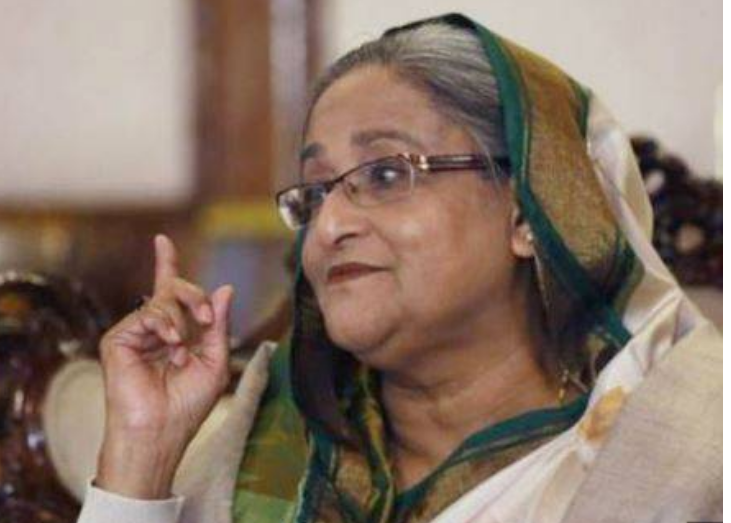Dhaka (Web Desk/Agencies): Bangladesh’s International Crimes Tribunal on Thursday issued an arrest warrant for former prime minister Sheikh Hasina, citing her alleged role in mass killings during violent protests earlier this year.
The protests, initially sparked by a student-led movement advocating for changes in public sector job quotas, spiraled into some of the deadliest unrest the country has seen since its independence in 1971, leading to over 700 deaths and numerous injuries.
The protests forced Hasina to flee to India on August 5, with an interim government, led by Nobel Peace Prize laureate Muhammad Yunus, taking over.
During the tribunal proceedings, presided over by Justice Golam Mortuza Majumdar, prosecutors requested arrest warrants for 50 individuals, including Hasina.
Chief prosecutor Mohammad Tajul Islam emphasized the need to arrest influential figures to ensure a thorough investigation, stating, “If the accused are not arrested, it will be impossible to conduct the investigation.”
To date, more than 60 complaints have been filed against Hasina and other members of her Awami League party, alleging serious offenses such as enforced disappearances, murder, and mass killings while senior party leaders have been largely silent, with many either arrested or in hiding.
However, Hasina’s son, Sajeeb Wazed, asserted last month that his mother was prepared to face trial, claiming, “My mother has done nothing wrong.”
The legal challenges facing Hasina represent a pivotal moment in Bangladesh’s political landscape, reflecting growing public demand for accountability in the wake of the violence.
The protests, which began peacefully, escalated into chaos, with the government struggling to manage the widespread unrest fueled by public anger and calls for leadership accountability.
As the interim government led by Yunus took shape, the implications of the tribunal's decision became significant.
Observers suggest that this investigation could reshape Bangladesh's political future, with many citizens hoping for a fair judicial process and accountability for those responsible for the violence.
The situation remains fluid, with the public closely monitoring developments as the nation grapples with the aftermath of the unrest and the future of its political leadership.


